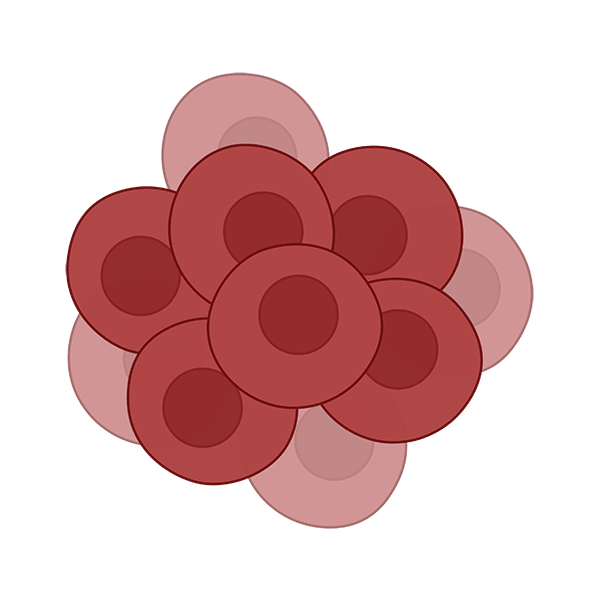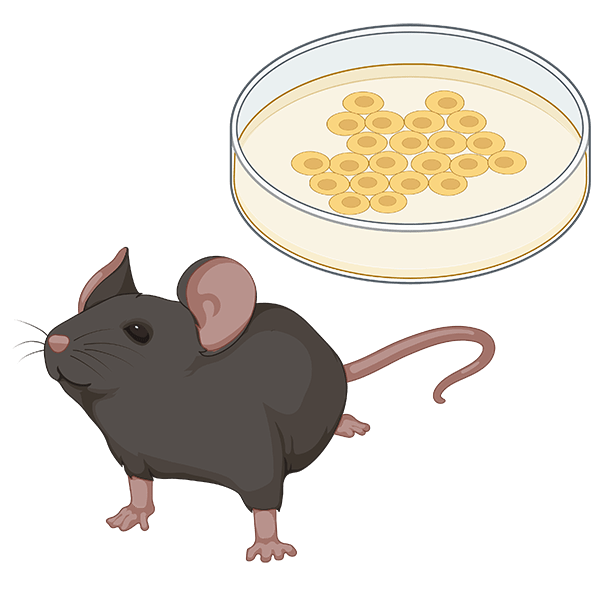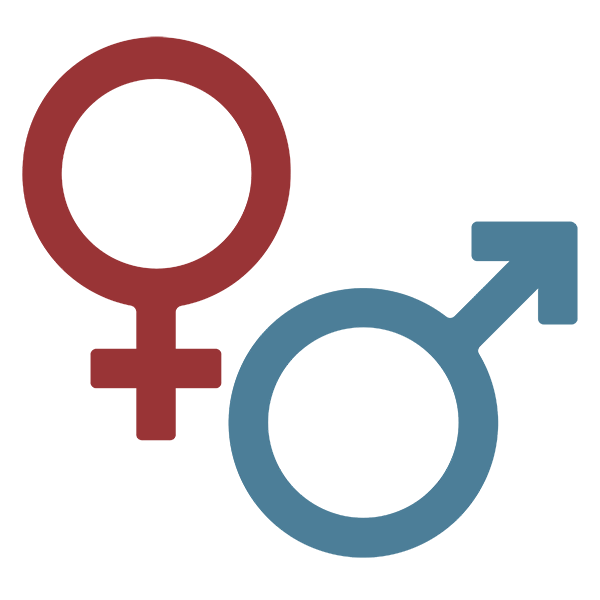For the past 30 years, the Gutmann laboratory has focused on discovering the genomic, genetic, cellular and molecular determinants that cause nervous system dysfunction by leveraging a combination of novel genetically engineered mice, human induced pluripotent stem cells, bioinformatic approaches, and multi-omic analysis methodologies. We use the neurogenetic syndrome, neurofibromatosis type 1 (NF1), an autosomal dominant condition in which affected children and adults are at increased risk of developing brain and nerve tumors, attention deficit and autism, as well as many other neurologic problems. In this manner, NF1 becomes a model system to study the intersection between normal brain development and tumorigenesis. The Gutmann laboratory has published extensively on (1) the cellular origins of tumors, (2) immune microenvironment dependencies in cancer [cancer immunology], (3) the impact of germline genetics on disease phenotypic expression, (4) the role of sexual dimorphism on clinical outcome, (5) neuronal control of tumorigenesis [cancer neuroscience], and (6) the mechanisms underlying cell type-specific, brain region-distinct signaling pathway diversity. Our mission is to identify the factors that underlie nervous system disease heterogeneity relevant to the implementation of precision, or personalized, medicine strategies, as well as to discover new treatments for individuals with NF1. Lessons learned from NF1 have already changed the way we think about and treat other related medical conditions in the general population.
About David Gutmann
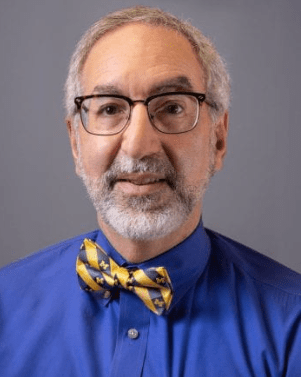
David H. Gutmann received his undergraduate, graduate (PhD) and medical (MD) degrees from the University of Michigan, where he trained in immunogenetics in the laboratory of Dr. John Niederhuber. During his residency in Neurology at the University of Pennsylvania, he worked with Dr. Kenneth Fischbeck who sparked his interest in neurogenetics. He then returned to the University of Michigan for research fellowship training in Human Genetics with Dr. Francis Collins. During that time, he identified the neurofibromatosis type 1 (NF1) protein and began to elucidate its function as a negative RAS regulator. In late 1993, Dr. Gutmann was recruited to Washington University, becoming a full professor in 2001 and the Donald O. Schnuck Family Professor in 2002. He established the St. Louis Children’s Hospital Neurofibromatosis Clinical Program in 1994 and the Washington University Neurofibromatosis Center in 2004.
Dr. Gutmann also founded and directs one of the world’s largest centers focused on NF and related disorders, trained numerous clinicians and researchers in NF in collaborative crossdisciplinary research, and developed several innovative community-based therapy programs to provide integrated medical care for this population across the lifespan. Moreover, he has led numerous international efforts to establish medical practice guidelines for the field and facilitate the translation of laboratory and clinical discoveries to improved patient care, including several human molecularly-targeted therapeutic trials. As part of his commitment to training and global partnerships, Dr. Gutmann developed an international inherited cancer syndrome tumor board with colleagues in Pediatric Oncology that currently serves 32 institutions in 23 countries worldwide. Leveraging a five-year Berlin Institute of Health fellowship, he established an investigative team at the Max Delbrück Center with Professor Helmut Kettenmann to provide international training opportunities and research partnerships. Lastly, Dr. Gutmann is committed to the training of biomedical scientists as evidenced by his service as Vice Chair for Research Affairs in the Department of Neurology, a member of the Division of Biology and Biomedical Sciences (graduate school) Executive Faculty, a member of the Promotions Committee in the Departments of Neurology and Developmental Biology, and as co-PI for the NINDS Neurology T32 and Neurosurgery/Neurology R25 resident postgraduate training programs.
Dr. Gutmann has published over 500 peer-reviewed manuscripts, and his research laboratory has been continuous funded by the National Institutes of Health since 1993, including a National Institute of Neurological Disorders and Stroke R35 Research Program (MERIT) Award. In addition, he has been recognized for his achievements with numerous awards, including the 2012 Children’s Tumor Foundation Frederich von Recklinghausen Lifetime Achievement Award, a 2013 Washington University Distinguished Faculty Research Award, a 2017 Alexander von Humboldt Award, the 2019 Society for Neuro-Oncology Abhijit Guha Award, the 2020 National Neurofibromatosis Network Advocate of Hope Award, the 2020 American Academy of Neurology Neuro-Oncology Scientific Award, and the 2020 American Association of Neurology triennial George W. Jacoby Award. He is an elected Fellow of the American Academy of Neurology, the American Neurological Association, the Association of American Physicians, the American Association for the Advancement of Science, and the National Academy of Medicine, as well as a former member of the National Institute of Neurological Disorders and Stroke Advisory Council.
Check out the Podcast
“Jazz, Genetics, and Neurofibromatosis with Dr. David Gutmann, MD, PhD”
by Master Minds
Areas of Interest
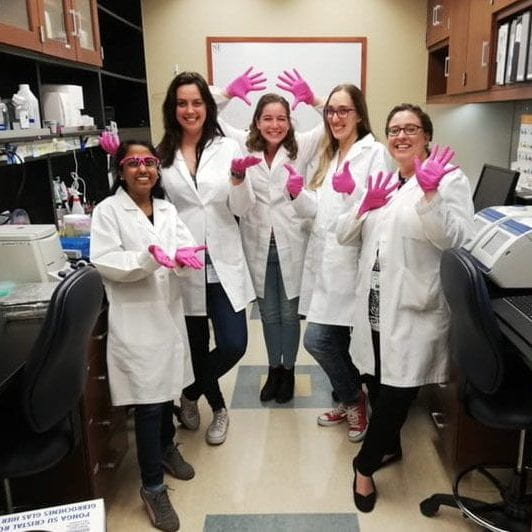
Our Team
Our team is comprised of researchers at all levels of training who bring their individual talents and expertise to the scientific problems being explored in our laboratory.
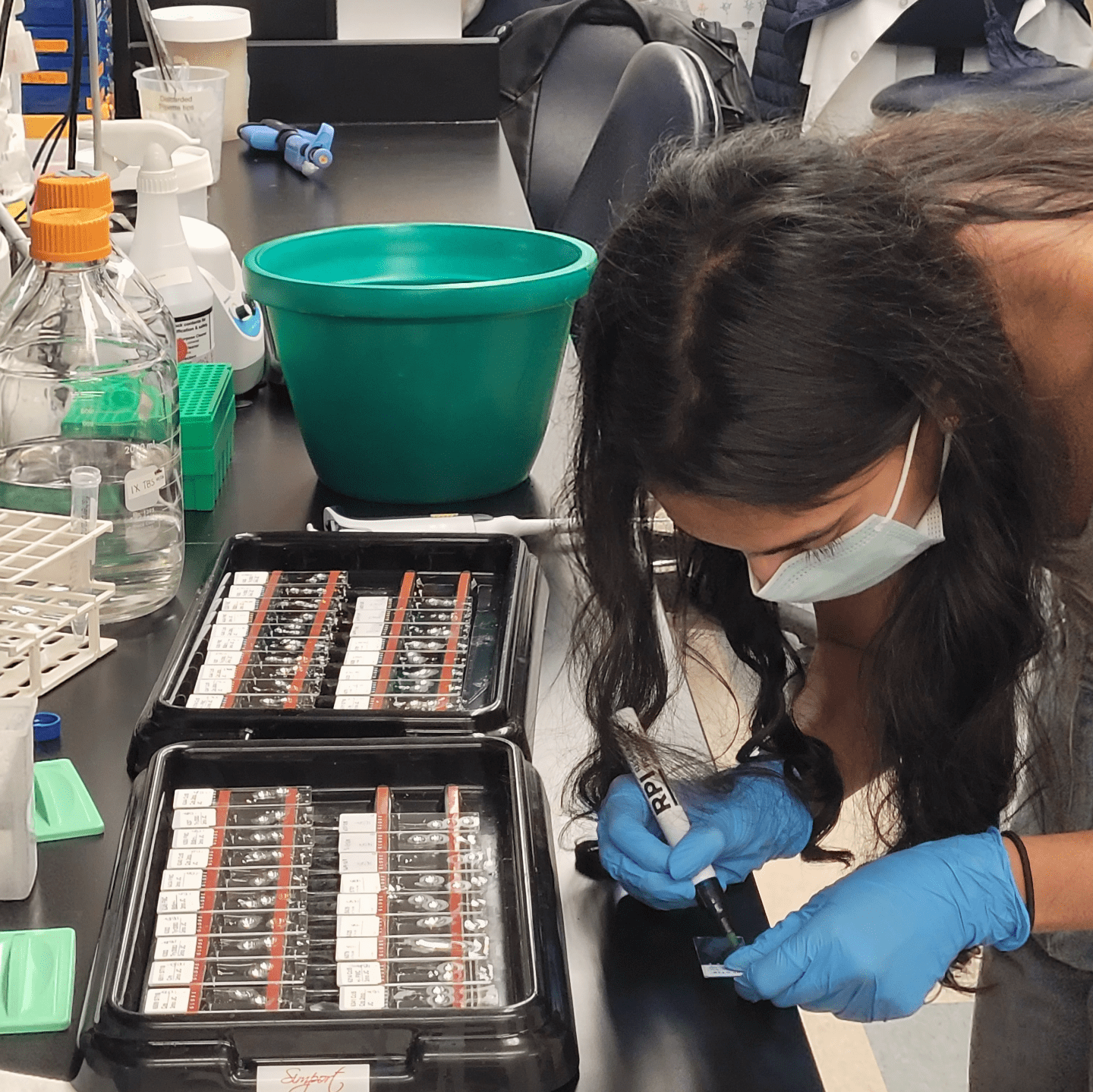
Training Opportunities
We welcome dedicated trainees at all levels of training to participate in laboratory research and development opportunities through our laboratory and its affiliated programs.
Neurofibromatosis Center
The Washington University Neurofibromatosis Center is a collaboration between clinicians and laboratory scientists focused on accelerating the pace of scientific discovery and its application to the care of individuals with NF.
